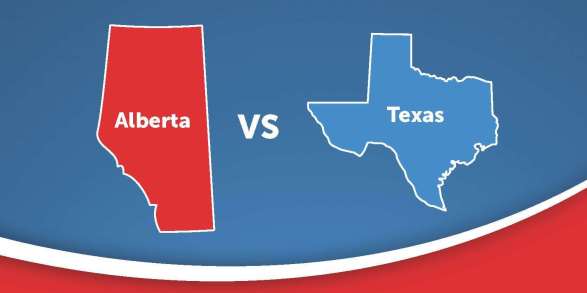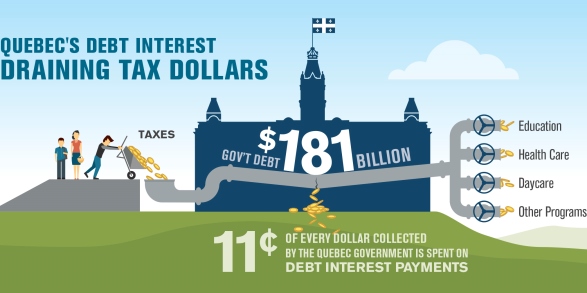Premier Philippe Couillard recently declared that government finances and the economy are his top priorities, stating that “the goal is clear: consolidation of public finances and economic re-launch.” This is laudable.
debt
With the plunge in oil prices over the last six months (and already soft natural gas prices), it’s not headline news to note that provinces heavily dependent on energy-related revenues are suffering.
Ontario’s provincial government wants a balanced budget for the 2017-18 fiscal year, and Finance Minister Charles Sousa is adamant that Ontario will reach that goal.
The City of Vancouver is the only municipality in B.C. that can directly take on debt without permission from the provincial and regional governments. Perhaps not surprisingly, it is also the only municipality in the Metro region with liabilities (debt, employee pension obligations, etc) consistently greater than financial assets (cash, investments, etc).
Premier Couillard's government will table its first budget on June 4 and early signs suggest it's not going to be business as usual.
As Ontario continues to undermine its economic future with growing debt, the province does not receive near the critical scrutiny it should from the media and financial markets. In reading CIBC World Markets latest Economic Insight, its not hard to understand why.
For decades, Quebec and its governments have been petulant and demanding. The tendency has been there since at least the first avowedly separatist Parti Quebecois government, elected in 1976. That habit continued regardless of the party in power, and of course, depending on the party, there was always the threat to separate.



